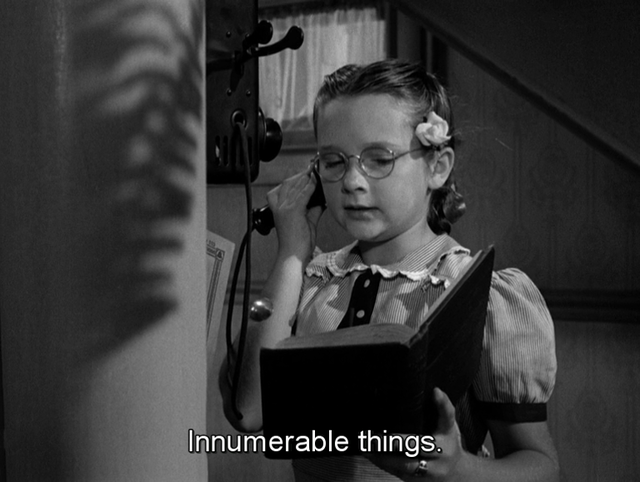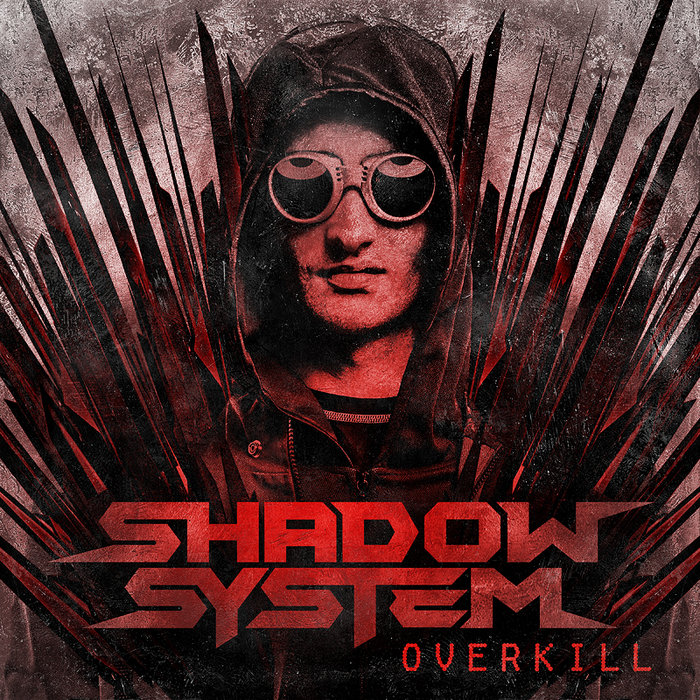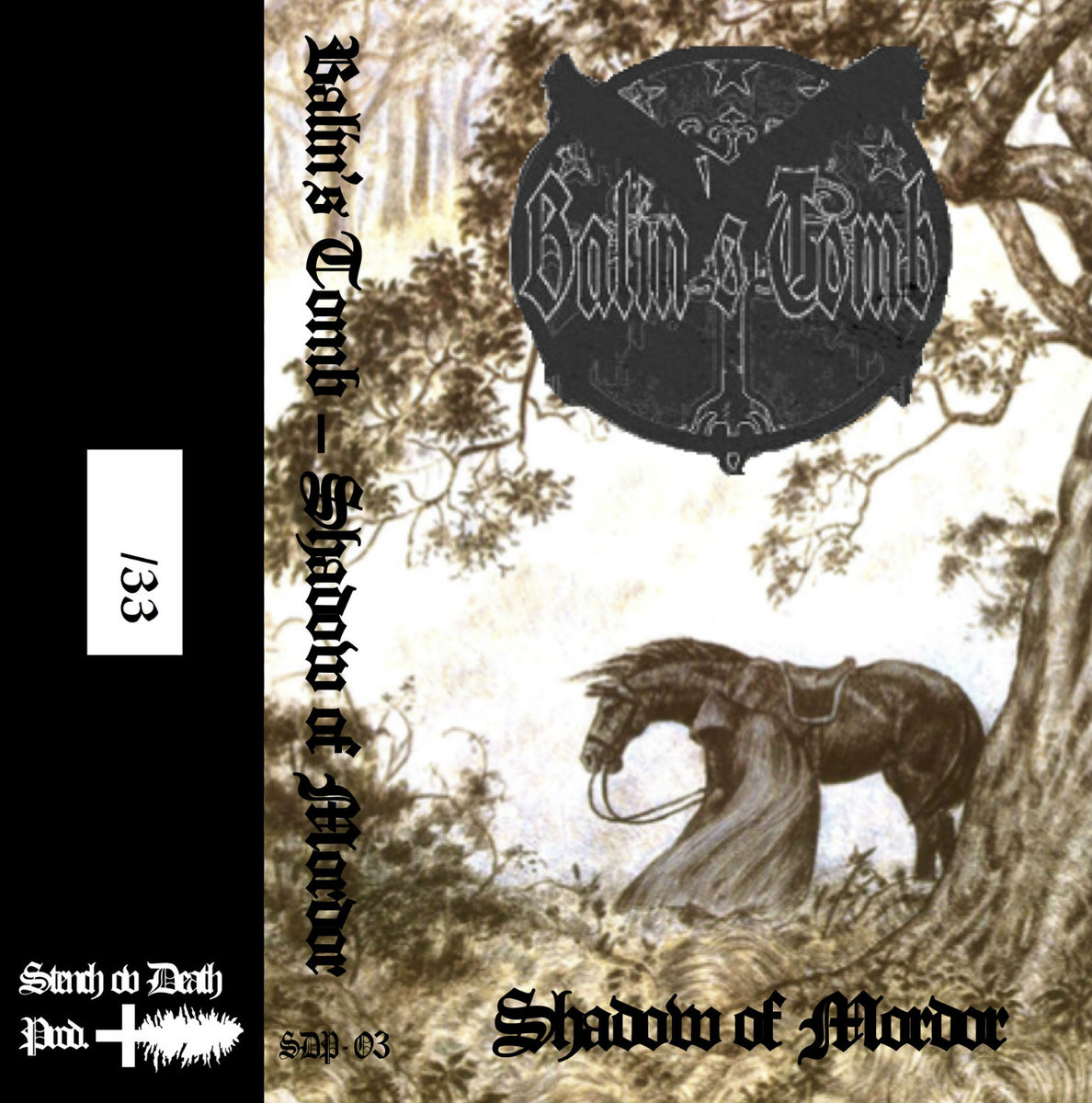

You didn’t need to go to school, you didn’t need to take lessons from the maestro to join them as a certain kind of co-equal participant in the development of an “advanced” musical language.

#BANDCAMP SHADOWS OF DOUBT SERIES#
There were plenty of precursors, of course (I think immediately of Charlie Parker’s brilliant interpolation of Stravinsky’s “Firebird Suite” into his solos on “Koko”), but a series of interlocking transformations-including the massive expansion of public education in the US and the UK, the perfection of vinyl as a medium and the transistor as a technology, the rapidly increasing bloat of the entertainment industries, the decolonization process in Africa and Asia, and the new social movements in what used to be called the First World-undermined the authority and permanence of those masters of the written score. If I were to point to the specialness of the late 1960s, it would not be to suggest that earlier moments of phonographic history-such as the global flood of proletarian and rural musics that rose up and swirled endlessly on wax in the years after 1925-were any less significant to the experience of the twentieth century, but rather simply to notice the cultivation of a new kind of listening, one that moved across the field of genre with relative ease and enthusiasm, and that-most importantly-put that stereo jockey into a new kind of relation to the “fine art” music that might find its way onto the platter: collegiality, equality, criticism.

Everyone knows that phonography changed everything.


 0 kommentar(er)
0 kommentar(er)
